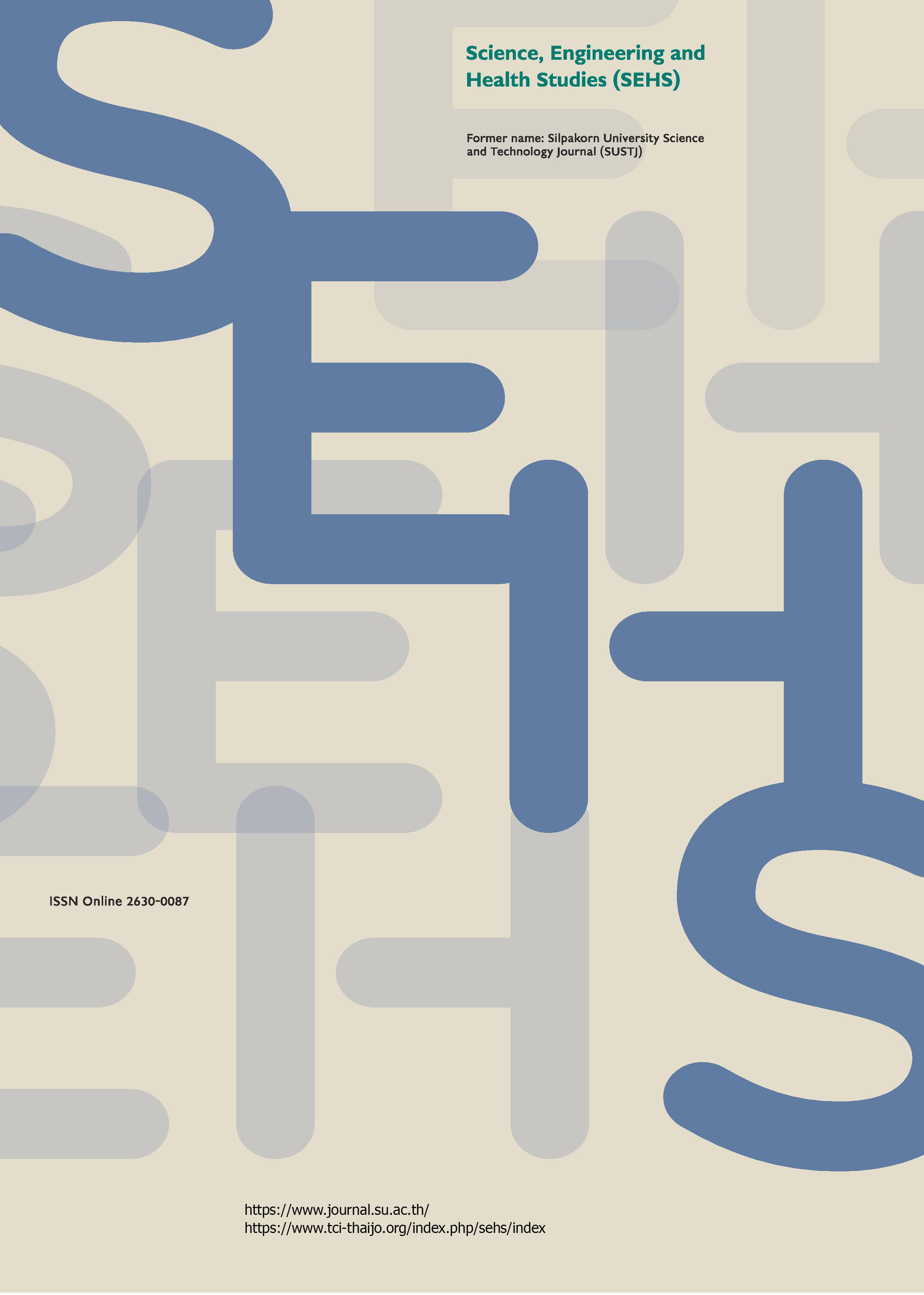A model for monitoring the medication rechallenge system in Queen Savang Vadhana Memorial Hospital
Main Article Content
Abstract
A rechallenge process is crucial for patients who need to use drugs known to cause allergic reactions. Establishing a standardized rechallenge protocol is essential to protect patients and increase the likelihood of using effective medications. This study aimed to evaluate the outcomes of the rechallenge monitoring system implemented at Queen Savang Vadhana Memorial Hospital. In this retrospective study, rechallenges focused on two drugs categories: antimicrobial drugs and non-steroidal anti-inflammatory drugs. The confirmed rechallenge protocol was introduced in 2018, and data from October 2019 and November 2022 were extracted from the hospital’s electronic database. The primary outcome measured was the number of adverse events during rechallenges. Trends in severe allergic reactions were documented, and descriptive statistics were used. Out of 81 total rechallenge events, with a history of 77 mild reactions (95.1%) and 4 serious events (4.9%), only 3 mild reaction (3.7%) occurred. A positive trend in successful rechallenges was observed following the implementation of the monitoring model, along with a decrease in medication error levels B and C. Importantly, no harmful levels D and E were detected. The rechallenge monitoring system improved the chance of safe medication use and reduced the occurrence of seriously adverse drug events.
Downloads
Article Details

This work is licensed under a Creative Commons Attribution-NonCommercial-NoDerivatives 4.0 International License.
References
Berroa, F., Callero, A., Fuentes-Aparicio, V., Infante, S., Alonso-Lebrero, E., and Zapatero, L. (2013). Rechallenge in pediatric patients diagnosed with delayed hypersensitivity to penicillins. Journal of Investigational Allergology and Clinical Immunology, 23(5), 369–370.
Chen, X., Pan, Y., Zhang, S., Chen, D., Yang, S., Li, X., and Ma, S. (2014). Rechallenge with gefitinib following severe drug-induced hepatotoxicity in a patient with advanced non-small cell lung cancer: A case report and literature review. Oncology Letters, 7(3), 878–880.
Gao, W., Wu, L., Jin, S., Li, J., Liu, X., Xu, J., Zhang, W., Gong, Q., Sun, C., Wang, W., Wang, Z., Shao, Y. W., Yin, J. C., Shen, L., Chen, L., Wang, Q., and Guo, R. (2022). Rechallenge of immune checkpoint inhibitors in a case with adverse events inducing myasthenia gravis. Journal of Immunotherapy Cancer, 10(11), e005970.
Hunt, C. M., Papay, J. I., Stanulovic’, V., and Regev, A. (2017). Drug rechallenge following drug-induced liver injury. Hepatology, 66(2), 646–654.
Lin, X., Deng, H., Chu, T., Chen, L., Yang, Y., Qiu, G., Xie, X., Qin, Y., Liu, M., Xie, Z., Ouyang, M., Li, S., Song, Y., Petrella, F., Jakopovic, M., Tsoukalas, N., Solli, P., Goto, T., Saito, Y., and Zhou, C. (2022). Safety and efficacy of immunotherapy rechallenge following checkpoint inhibitor-related pneumonitis in advanced lung cancer patients: A retrospective multi-center cohort study. Translational Lung Cancer Research, 11(11), 2289–2305.
Mutair, A. A., Alhumaid, S., Shamsan, A., Zaidi, A. R. Z., Mohaini, M. A., Mutairi, A. A., Rabaan, A. A., Awad, M., and Al-Omari, A. (2021). The effective strategies to avoid medication errors and improving reporting systems. Medicines, 8(9), 46.
NCC MERP. (2023). National Coordinating Council for Medication Error Reporting and Prevention. [Online URL: https://www.nccmerp.org/] accessed on March 4, 2023.
Ningsanon, T. (2009). To the Point; Adverse Drug Reaction, Bangkok: Pauramutha Karn Pim, pp. 1–189. [in Thai]
Pathak, S., Cherry, S., Samad, S., and Aftab, A. (2019). Successful clozapine rechallenge in a patient with suspected drug induced lupus. BMJ Case Reports, 12(4), e228574.
Paulmann, M., Mockenhaupt, M., and Unfreiwillige, M. (2017). Unintended rechallenge: Generalized bullous fixed drug eruption in two elderly women. Hautarzt, 68(1), 59–63.
Rattanadechsakul, P., and Rattanadechsakul, J. (2017). Reduce drug risk with ADR data. Center for Continuing Pharmacy Education. [Online URL: https://ccpe.pharmacycouncil.org/index.php?option=article_detail&subpage=article_detail&id=312] accessed on September 30, 2023. [in Thai]
Senior, J. R. (2016). Can rechallenge be done safely after mild or moderate drug-induced liver injury? Hepatology, 63(3), 691–693.
Stanulovic´, V., Venegoni, M., and Edwards, B., (2013). Intentional rechallenge: Does the benefit outweigh the risk? Drug Safety, 36(3), 155–161.
The Healthcare Accreditation Institute. (2018). Patient Safety Goals: Simple Thailand 2018, Bangkok: Famous and Successful Publisher, pp. 58–80. [in Thai]
Thong, B. Y., Chia, F. L., Tan, S. C., Tan, T. C., Leong, K. P., Tan, J. W., Tang, C. Y., Hou, J. F., Chan, G. Y., and Chng, H. H. (2014). A retrospective study on sequential desensitization-rechallenge for antituberculosis drug allergy. Asia Pacific Allergy, 4(3), 156–163.
Yothapitak, J. (2016). Thai HP Practice Guidelines on Adverse Drug Reaction Monitoring (ADRM), Bangkok: Pauramutha Karn Pim, pp. 1–79. [in Thai]
Yothapitak, J. (2018). To the Point; Adverse Drug Reaction, Bangkok: Pauramutha Karn Pim, pp. 1–258. [in Thai]


